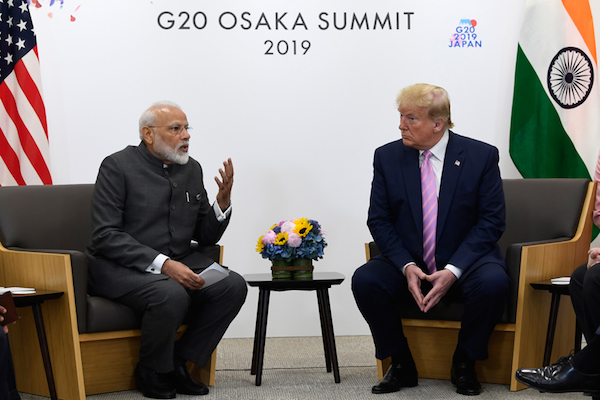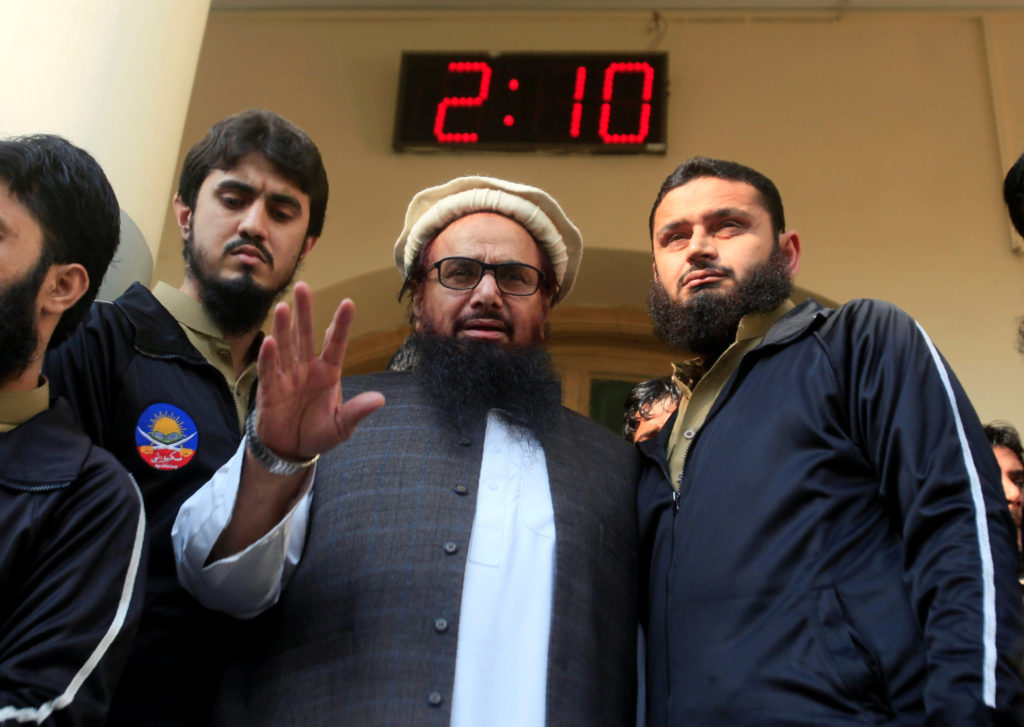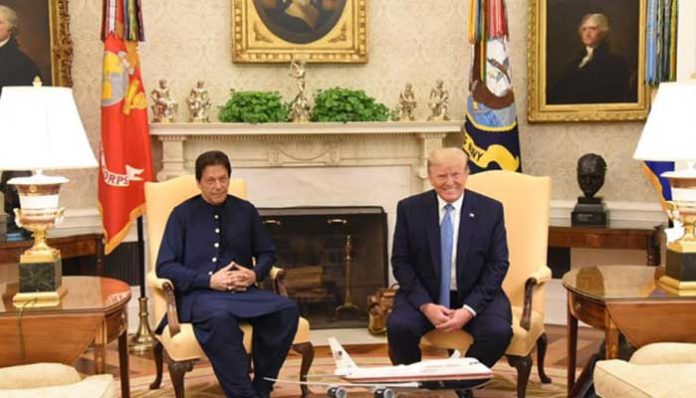Context
The three-day visit of Prime Minister Imran Khan to the US was a significant icebreaking moment for the otherwise downward spiraling US-Pakistan ties. Aside from the positive optics, the broader implications remain vague. The Afghan peace process was supposed to be the focus of the meetings, however, President Trump’s comment on Kashmir has opened a Pandora box; a recognition that the solution to Kashmir is perhaps inexplicably linked to the Afghan peace process and security of the wider region.
Nonetheless, the question remains if the Iran tensions boil in to full blown conflict what would that mean for the Afghan peace process?
Analysis
Military versus Political Solution
The conflict of Afghanistan has been continuing for the last 19 years with array of military strategies being applied, including the operations conducted by Pakistan across FATA. The Afghan quagmire has finally reached a point that all three major stakeholders i.e. Pakistan, US and Afghanistan are at a point of convergence that there is no military solution to the conflict.
This has long been the stance and a political slogan of Pakistan Tehreek-e-Insaf (PTI) and its leader Imran Khan. In the past, he faced significant criticism and was often labeled ‘Taliban Khan’ but now his position stands vindicated. However, it’s interesting to note that the change in US policy was taking place at the same time as PTI was coming into power and settling down.

In addition the emphasis on a political solution, Pakistan has long maintained the reason the country could not devote all its energies on eliminating the spectrum of extremists groups, especially those oriented towards India, is because of the threat emanating from arch rival India. Moreover, because of the superior conventional forces of India, Pakistan had no choice but to maintain good ties with the Afghan Taliban. In other words, the Afghan peace process has to be accompanied by a start of negotiation process geared towards the simmering Kashmir issue, the main point of contention between India and Pakistan.
Kashmir Solution
Apparently now there is a shift and comprehension of Pakistan’s position and that the road to Afghan peaces passes through Kashmir. Many other factors may have caused Prime Minister Modi to request Trump’s mediation. The situation of Kashmir has been worsening on its own but with the introduction of ISIS to Afghanistan, there is a risk that such groups with global agenda could transfuse the otherwise localized Kashmir crisis. This phenomenon has been replicating in Iraq, Syria, Yemen and Libya. Not to forget it was the refuge AQ got in Afghanistan, and the cross pollination of jihadi groups there, that led to the 9/11 attacks.
In a recent video message, Ayman al-Zawahiri has called on Kashmiri militants to wage attacks “to bleed the Indian economy and make India suffer sustained losses in manpower and equipment”.
In the post Pulwama security situation of the region, the risk of a nuclear exchange is greater than ever, especially if there is another significant attack on an India target. In fact, had it not been for the cool headed handling of the matter by Imran Khan, the circumstances were dangerously escalating.
Moreover, as pointed out in previous assessments in this space, India has been the last hold out to political reconciliation with the Taliban in Afghanistan. The country has maintained that with the Taliban back in power, the Kashmiri militants are likely to once again garner hinterland support, as was the case before 9/11. With the Afghan peace talks led by special representative Zalmay Khalilzad well on their way, India has to come up with an alternate approach to its strategy of isolating Pakistan globally. If President Trump’s claim regarding Modi requesting Kashmir mediation is true then the aforementioned logic provides the context for it. It’s better for India to attempt to shape the new reality then being sidelined and continuing with its failed policy. Besides, Khalilzad has been regularly visiting India and apprising the counterparts on the progress being made in the talks.
Implications of the New Reality
The question becomes, what would be the implications of these tectonic shifts. While there is initial euphoria with the improved US-Pakistan relations, strategically the US is very much still tied to India, a policy move that was initiated during Clinton’s tenure, and continued subsequently by both the Republican and Democratic administrations. Similarly, Pakistan has also made it strategic bets on China demonstrated by becoming a member of SCO, and joining OBOR initiative via CPEC. This has been accompanied by opening up of political and military ties with Russia and reports of Chinese plans to establish military bases in Pakistan.

The improving of US-Pakistan ties is occurring in the background of the arrest of LeT leader Hafez Saeed and mainstreaming of religious schools (Madrasas). Both have been the key longstanding demands of US and India. Therefore, how the PTI government responds to the criticism and any attempts by the opposition to politicize and exploit these developments would be critical, as the government goes all out against corruption. In the post 9/11 environment, the chumminess in US-Pakistan relations has usually resulted in a reaction from the religious quarters and deterioration in the security environment of the country.
The ability of the PTI government to sell the above actions will depend on quick dividends from the Afghan peace process and progress on Pakistan-India talks on Kashmir.
The Middle East Inferno
During his trip to the US, Imran Khan was asked about the Iran situation at the United States Institute of Peace (USIP). He reflected on the seriousness of the matter and how damaging the outcomes would be for Pakistan, and the region, if there was a full blown conflict. At the same time, he also pointed out to the indebtedness of his nation to UAE, Saudi Arabia and Qatar for pulling his government out of its economic woes. With Pakistan’s involvement in the Saudi led military alliance IMCTC (Islamic Military Counter Terrorism Cooperation), it would be difficult to maintain a position of neutrality. In partnership with the Middle East Institute, PoliTact examined this scenario (https://www.politact.com/examining-saudi-iran-tensions-and-its-impact-on-south-asia-china/) in detail in November 2018. The sequencing of these events now has added significance and poses some related inquiries. Will this move towards politically settling with the Afghan Taliban and possibly Kashmir, also be applicable towards Iran and other flash points in the Middle East? If not, is it an attempt to pacify the South Asian Sunni flank if the matters do take a turn for the worse in the Middle East? As the conflicts in the wider Middle East and North Africa have demonstrated, the non-state actors are a very lethal component of present day warfare.





